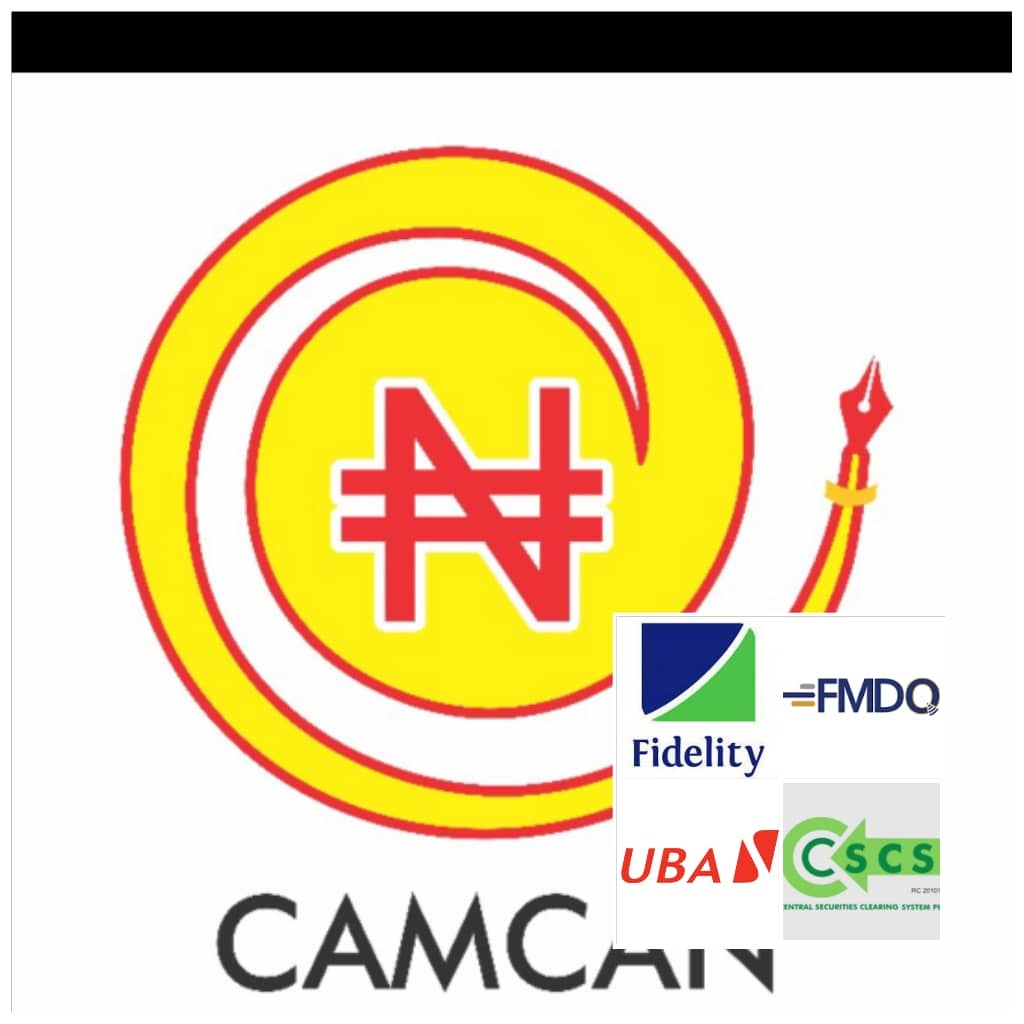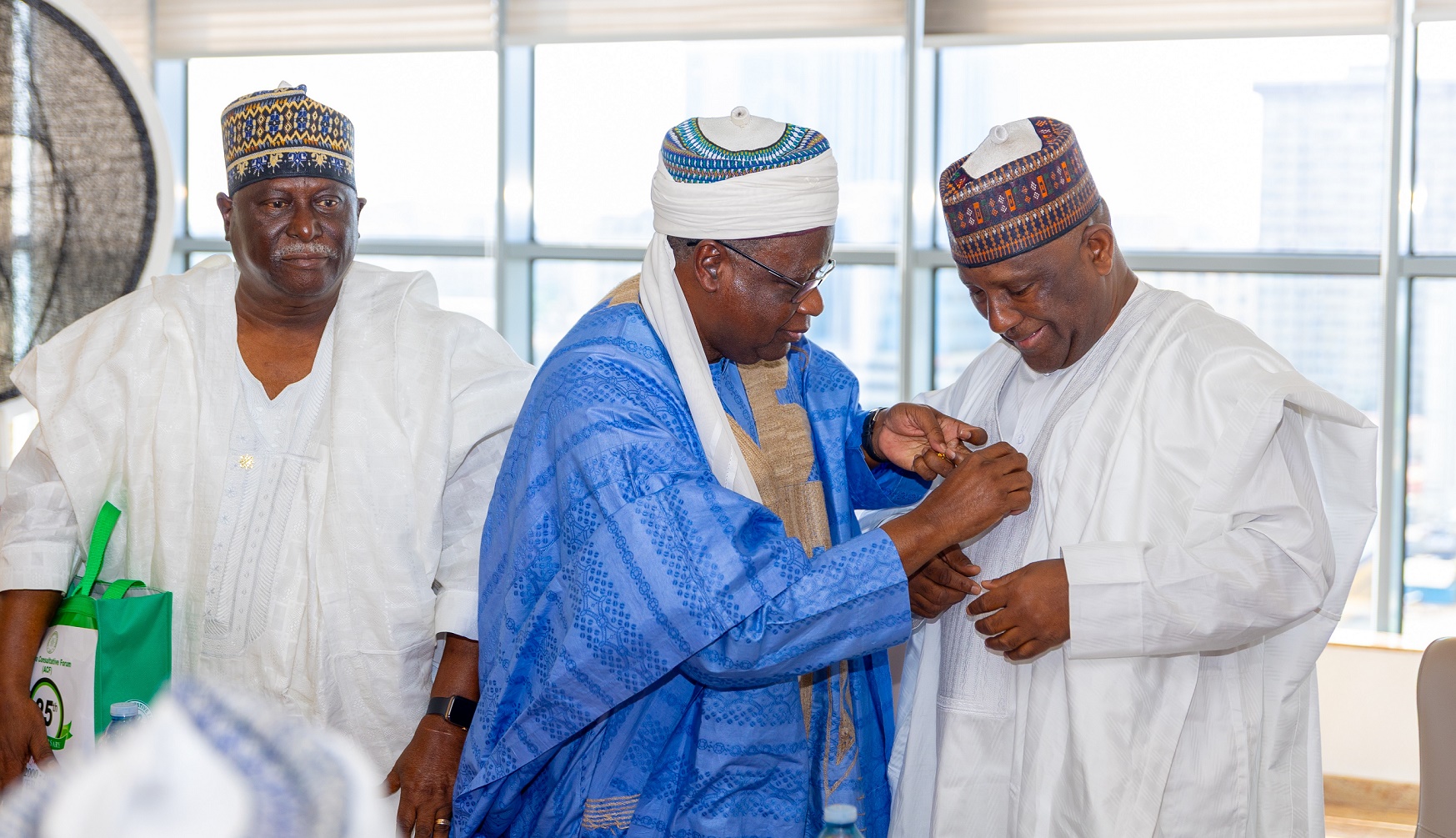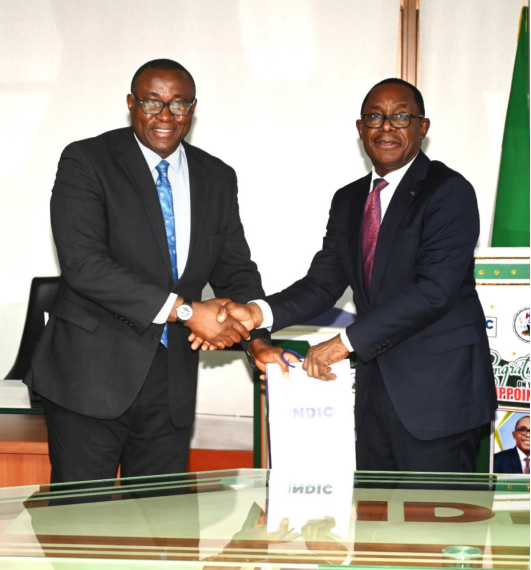
Data by the National Bureau of Statistics (NBS), on Tuesday morning, showed that Consumer Price Index (NBS) in Nigeria rose for the 12 consecutive month, by 0.4% to 13.22% year-on-year in the month of August 2020, compared to 12.82% in the prior month. It was the highest rise in 28 months. On a Month-on-Month basis, inflation for the period inched 1.34% up, from 1.25% in July.
The biggest driver once again was composite food index, which soared 16% up, from 15.48% in the preceding month, on the back of the continued closure of the nation’s borders and the impact of imported inflation arising from the scarcity of foreign exchange, the recent devaluation of the Nigerian Naira and soaring prices of fuel and in the process commercial transportation.
Increases were seen in the prices of food items like bread and cereals, potatoes, yam and other tubers, meat, fish, fruits, oils and fats and vegetables, resulting in a month-on-month inflation growth of 1.67%, up by 0.15% from 1.52%
Growth was also driven by urban inflation rate increased from 13.4% to 13.83%, and 1.42% MoM, representing a 0.15% growth from the 1.27% recorded in the prior month.
Rural inflation, on the other hand, stood at 12.65% year-on-year in August, from 12.28% in the preceding month; but limped 0.04% from 1.23% in July to 1.27%.
At 10.52% YoY in August, All items less farm produce or core inflation rose 0.42% from 10.1%.
The price hikes were witnessed mostly in “passenger transport by air, hospital services, medical services, pharmaceutical products, maintenance and repair of personal transport equipment, vehicle spare parts, motor cars, passenger transport by road, miscellaneous services relating to dwelling, repair of furniture and paramedical services,” the report noted.
Across the states, the NBS explained further, inflation was at its peak in Kogi (north central Nigeria), where it rose by 17.29%; followed by Bauchi (north east) with 15.77%; while Ebonyi (south east) and Yobe (north east), each recorded 11.17% growth.
All-items inflation was however slowest in the Federal Capital Territory, Abuja where it rose by 11.17%; ahead of the 11.22% in Kwara, also in the north central; and Lagos, the nation’s commercial capital, which recorded 11.45%.
MoM, however, inflation was highest in Ondo which stood at 2.2%; Ogun, 2.07%; and Abia, 1.87%; and slowest in Sokoto and Zamfara, both in the northwest where it rose by 0.54% and 0.6% respectively; and Plateau, 0.72%.
Food inflation was also highest in Kogi at 22.03%; Kwara, its close neighbor, where it climbed 19.11%; while Edo recorded 17.95%; just as the slowest food price increases were seen in Bauch, 13.42%; Kano, 13.99%; and Gombe, 14.33%.
MoM, food inflation was at its highest of 3.27% and 13.13% in the neighbouring states of Ogun and Lagos respectively; and slowest also in Sokoto, 0.13%; Zamfara, 0.24%; and Plateau, 0.67%.
Reacting to the data in a note to clients, analysts at Lagos-based Cordros Securities, see inflation further pressured to 13.51% YoY at the end of September. This may not be unconnected with the recent decision by the Federal Government to raise the pump price of premium motor spirit (petrol), as well as electricity tariff.













